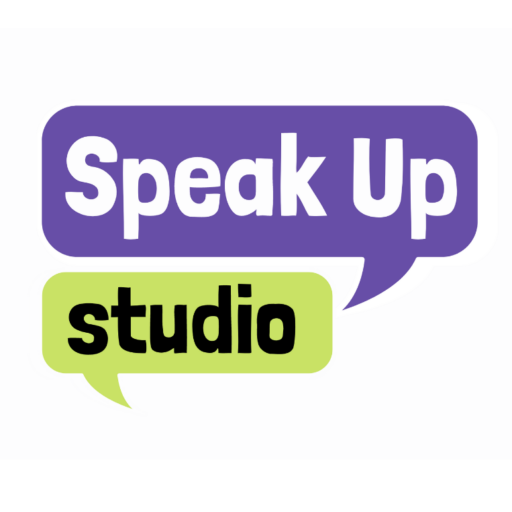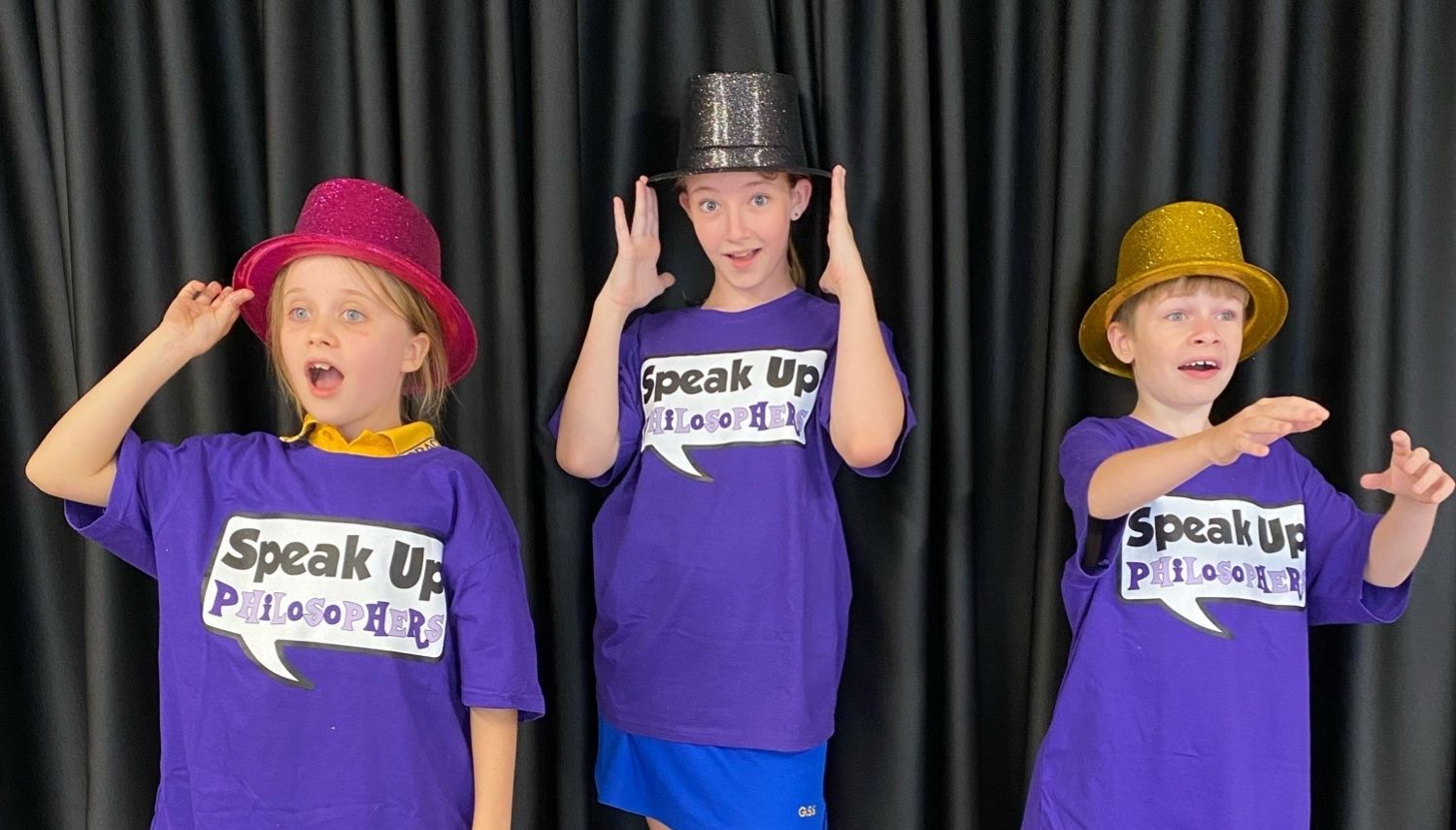
17 Jun How we monitor students’ progress
On Thursday afternoons I teach two back-to-back philosopher classes. The first group has been in our philosophers program for only a term, let’s call them group rainbow, while the other I’ve been teaching for a whole year, group magic.
Over the time I’ve built a great student/teacher relationship with group magic, and am very well aware now of how much they are capable of. But this week I caught myself flashing back for a moment to how different their skills were a year ago.
While running a projection warm up with group rainbow, we took a pause to discuss the difference between projection and SHOUTING. For lots of kids (including this class), it takes lots of time, reminders and practise to understand that ‘louder!’ and ‘project!’ does not mean “scream your lungs out!”.
Jump to the projection warm-up with group magic, and without any reminding beforehand, all four of them presented a wonderful example of projection, using the breath and resonance skills we’ve spent 12 months building. Woah- I had to take the time to compliment them – this practise stuff, it’s working!
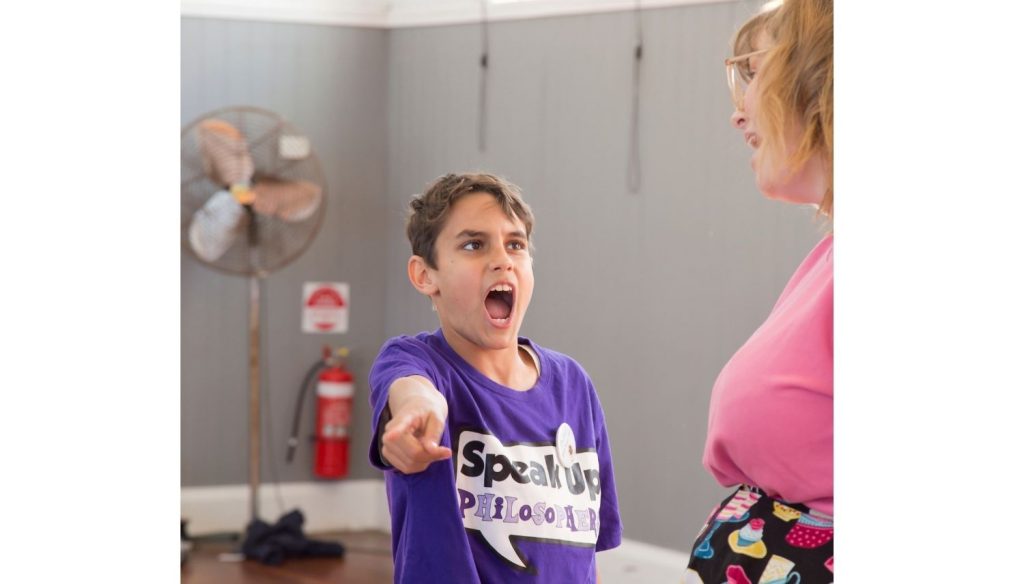
What I’m talking about here is the idea of progress, and how do we as Speak Up teachers, monitor our students’ progress? We don’t believe that practice makes perfection, but just like my example above, it makes progress. Not every student’s progress looks exactly the same, so here’s just three ways we know our students are progressing:
Studio Awards and AMEB exams
In term 3 at Speak Up, it’s exam season. This is the best time of the year for students to do personalised work and receive individual feedback on their skills and development. It’s also a time for external eyes to watch our students, and share valuable feedback. Each year Explorers, Storytellers and Inventors select a theme as a class, before developing a studio award program consisting of poetry, prose, mime and/or musical theatre, sometimes they’re even performed in character or follow a student devised storyline.
At the end of the term, they perform their program for a senior Speak Up teacher, who provides constructive feedback to the whole group as well as each individual student. It’s important to then reflect on the previous year’s feedback to see; what are the similarities and what progress has been made? Sometimes when you’re extra lucky, your exam teacher will be somebody who has seen you perform before, and can give progress focussed feedback.
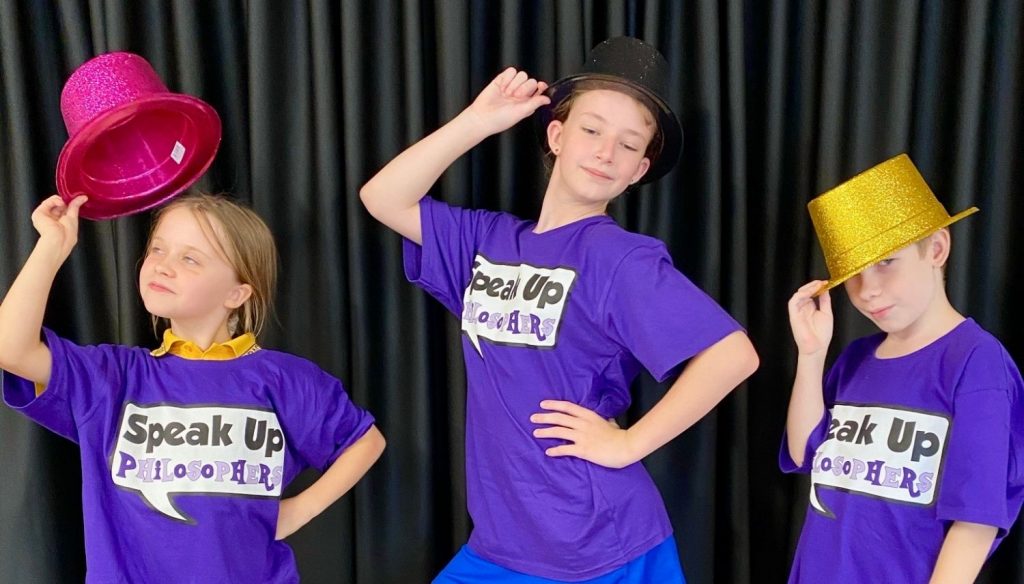
Just last week I was lucky enough to stop into one of my old classes and was absolutely gobsmacked at how much one of the girls’ confidence had skyrocketed in just 6 months- she still has a long way to go, but holy cow has she come a long way – progress!!
For Philosophers and private students, the AMEB exams are an extension of our studio awards. A 10 to 20 minute presentation across different levels, filled with student selected texts to be performed to an external examiner. Each year our AMEB students receive a grade, and while we like to see that overall mark improve each year, what we really aim for is to see the positive feedback that tells suggests improvement and tells us that they’re on the right track. Even just moving up through the levels is commendable progress.
Learn more about Philosophers and privates here >>
Feedback from Parents
Speech and Drama isn’t just about building stage skills, and it’s certainly not about turning kids into superstars. A majority of our students aren’t even here to be little ‘actors’ but instead to just grow their abilities in our three focus areas; confidence, creativity and communication. Sure, our students always look dazzling under the stage lights, but when we really know they’re making great progress is when we receive the feedback from parents such as, ‘my child is getting better at making eye contact while talking to people,’ or ‘my shy kid spoke on assembly today,’ or even ‘my child is having an easier time making friends and meeting new people.’
“My child is getting better at making eye contact while talking to people.”
~ Speak Up Parent
We know our students are truly making progress when what they’re learning is translating outside the classroom, and when they’re starting to use those speech and drama skills in their day-to-day lives.
That happy giddy feeling
Sometimes, it’s not about the feedback or comparing the exam paperwork or checking in with parents to make sure their growth in the classroom matches their behaviour at home and at school. Sometimes we track that our students are making progress simply through that happy, giddy feeling we get inside as a teacher. Remember that group of Philosophers I’ve been teaching for a year? The other night they tackled a really challenging, fast paced script filled with big characters and quick wit lines and reactions. Afterwards I drove home from class with that happy giddy feeling that these students I’ve put lots of care and support into, have put that much care and support into their own learning and therefore are progressing and excelling far beyond the level that they were performing at even six months ago.
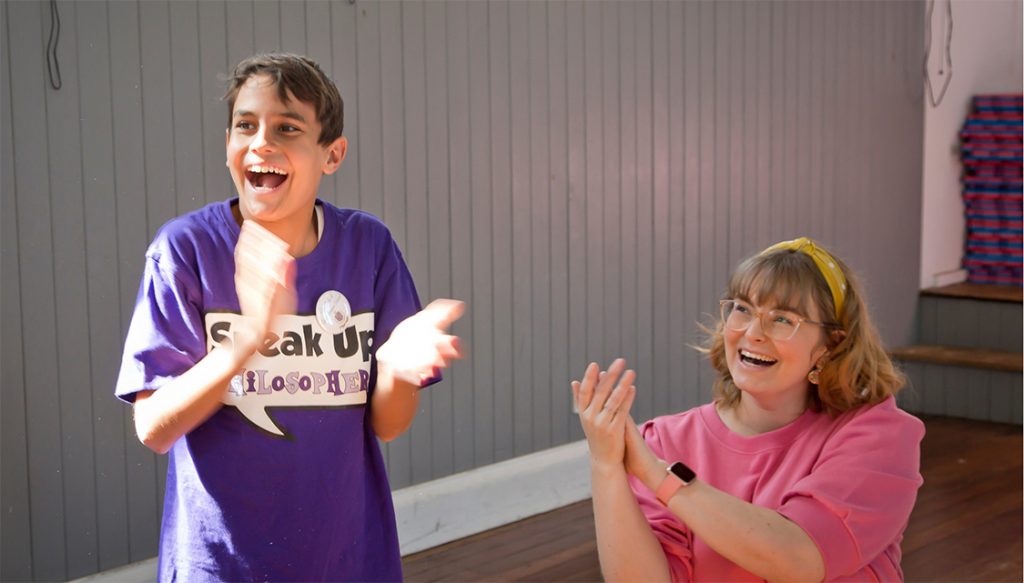
The main thing to consider with our students, is that no two progress in the same way, and what may look like nothing for one student, may look like leaps and bounds for another. Speak Up has hundreds of students across twelve years of schooling, each one with their own goals, focus and natural skills. As teachers, it’s our jobs to pay close attention to every student we teach, and monitor what their progress looks like. We decide how do we can do our job better to make sure every student is improving. Drama isn’t a quick fix, it’s a journey and the more practice, the more progress we see.
~ Miss Grace
Discover the best ways to practise at home
